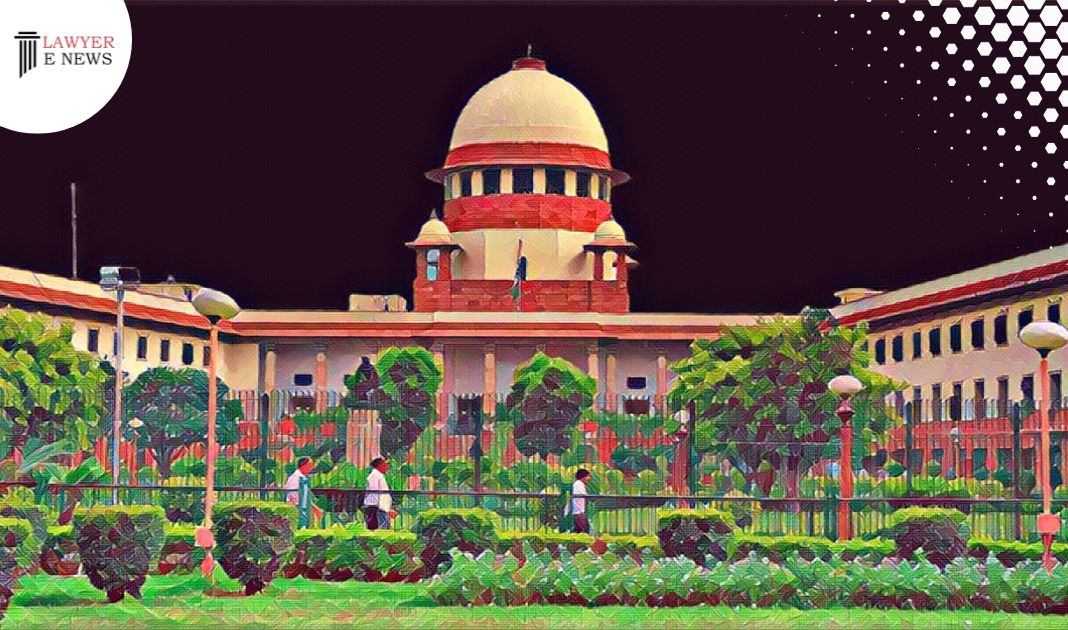-
by sayum
14 February 2026 2:22 PM



Today on 11 May 2023, in a significant ruling, the Supreme Court held that the Lieutenant Governor of the National Capital Territory of Delhi (NCTD) is bound by the aid and advice of the Council of Ministers of NCTD in matters within the legislative scope of NCTD, particularly in relation to services. The Court clarified that the executive power of NCTD, concerning entries in List II and List III, is subject to the executive power expressly conferred upon the Union by the Constitution or through legislation enacted by Parliament.
The judgment, delivered by a Constitution Bench comprising Chief Justice Dr. Dhananjaya Y Chandrachud, Justice MR Shah, Justice Krishna Murari, Justice Hima Kohli, and Justice Pami Sri Narasimha, recognized the unique status of NCTD among Union Territories, distinguishing it from other Union Territories in terms of governance structure.
The Court further elaborated that NCTD possesses legislative and executive powers within its legislative competence, allowing it to enact laws and make rules related to "Services" under Entry 41 of List II of the Seventh Schedule. However, it clarified that the phrase "insofar as any such matter is applicable to Union Territories" in Article 239AA(3)(a) of the Constitution does not further exclude NCTD's legislative power over entries in the State List or Concurrent List.
Highlighting the division of administrative powers between the Union and NCTD, the Court emphasized that the executive power of NCTD with respect to entries in List II and List III shall be subject to the executive power expressly conferred upon the Union by the Constitution or through legislation enacted by Parliament.
The ruling provides clarity on the relationship between the Lieutenant Governor and the Council of Ministers in the context of NCTD's legislative and executive authority, setting an important precedent for future governance and decision-making processes in the capital territory.
The judgment lays down a comprehensive framework for the exercise of legislative and executive powers in NCTD, ensuring a balance between the Union and NCTD while respecting the constitutional principles and provisions. It marks a significant milestone in defining the governance structure of NCTD and the scope of its powers.
The Supreme Court's decision is expected to have far-reaching implications for the functioning and autonomy of NCTD, reaffirming the importance of a harmonious relationship between the Lieutenant Governor and the Council of Ministers in matters of legislation and decision-making.
The Court concluded its judgment by referring the papers of the case to the Regular Bench for further disposal, following the directions of the Chief Justice of India on the administrative side.
Case Title: Government of NCT of Delhi Vs UOI
Date of Decision: May 11, 2023
